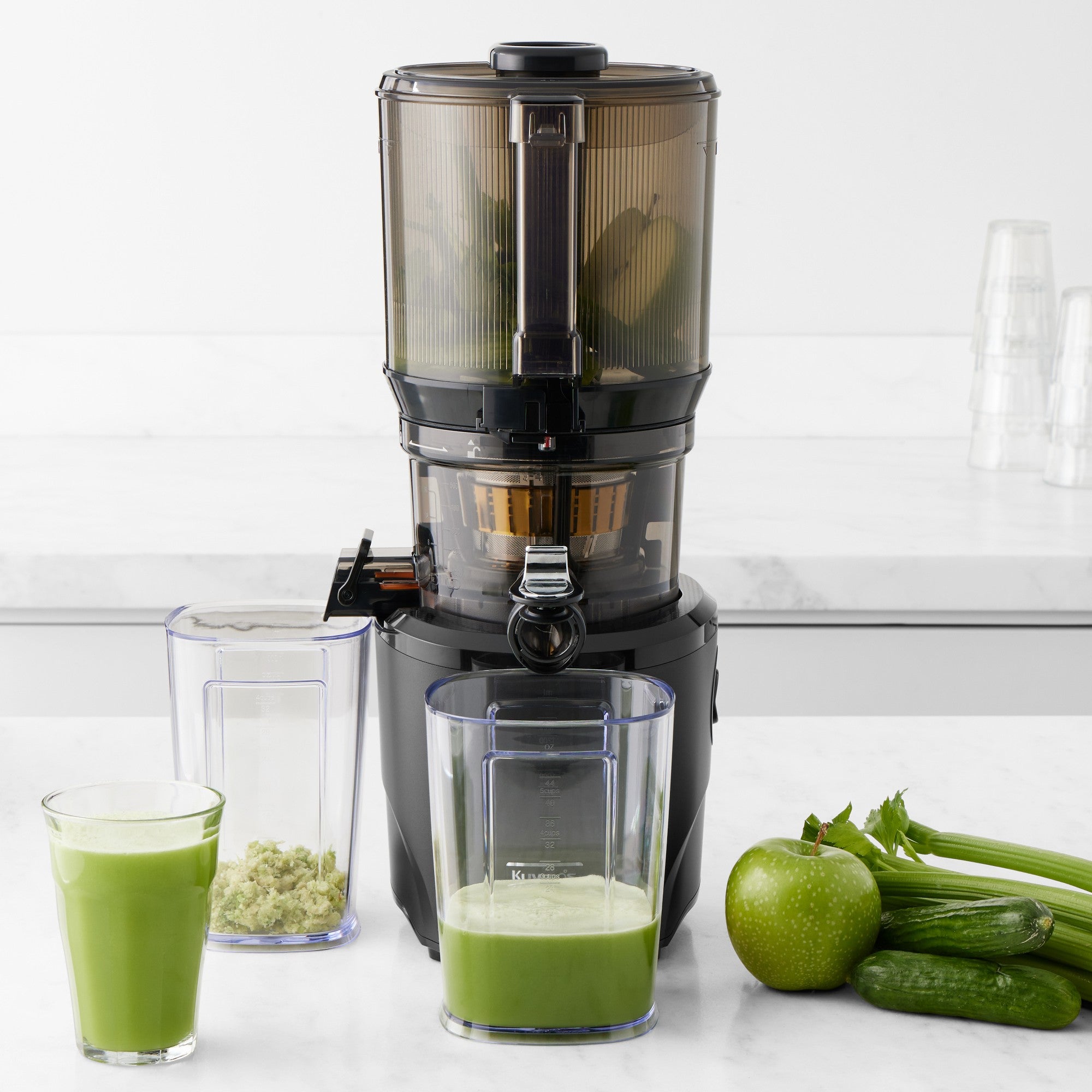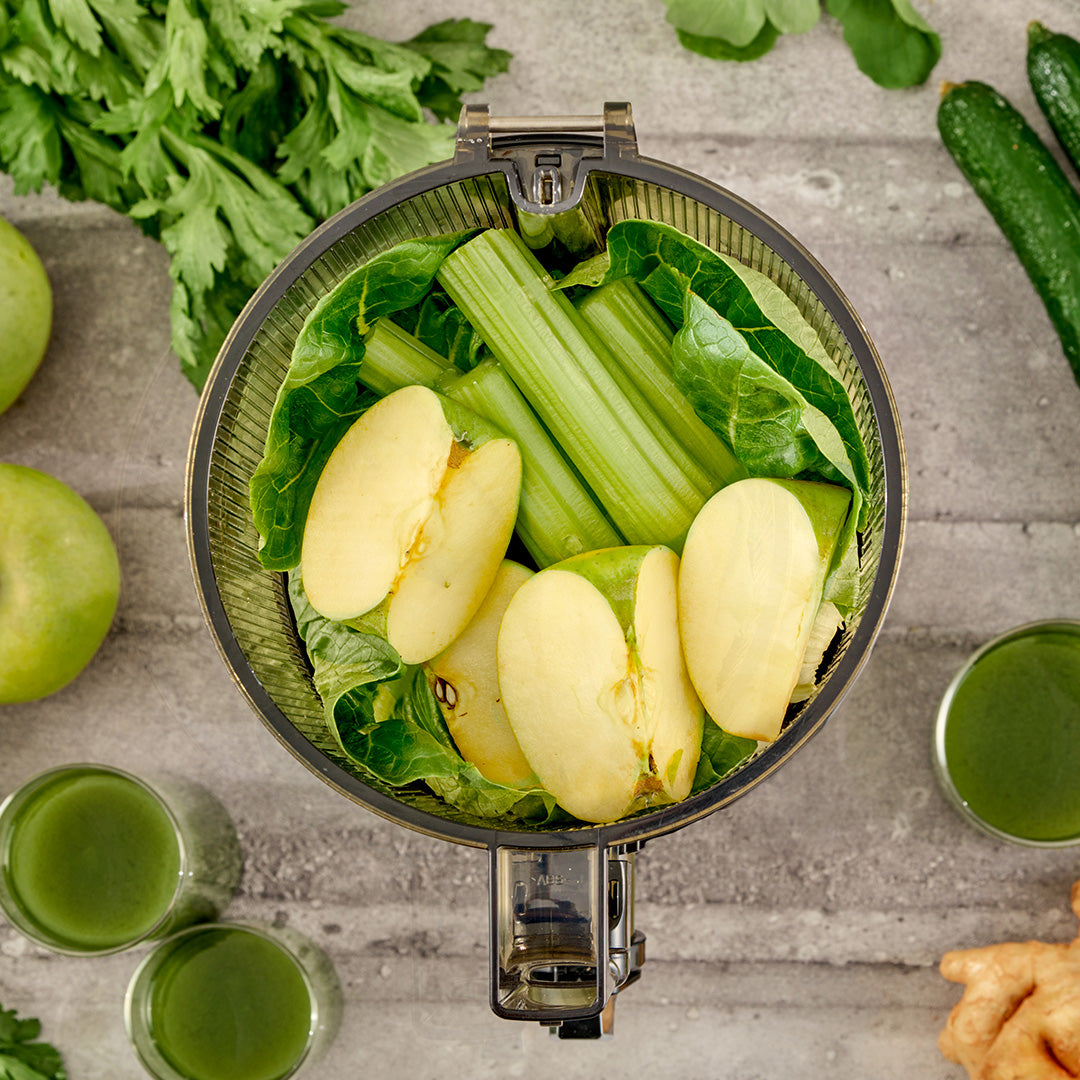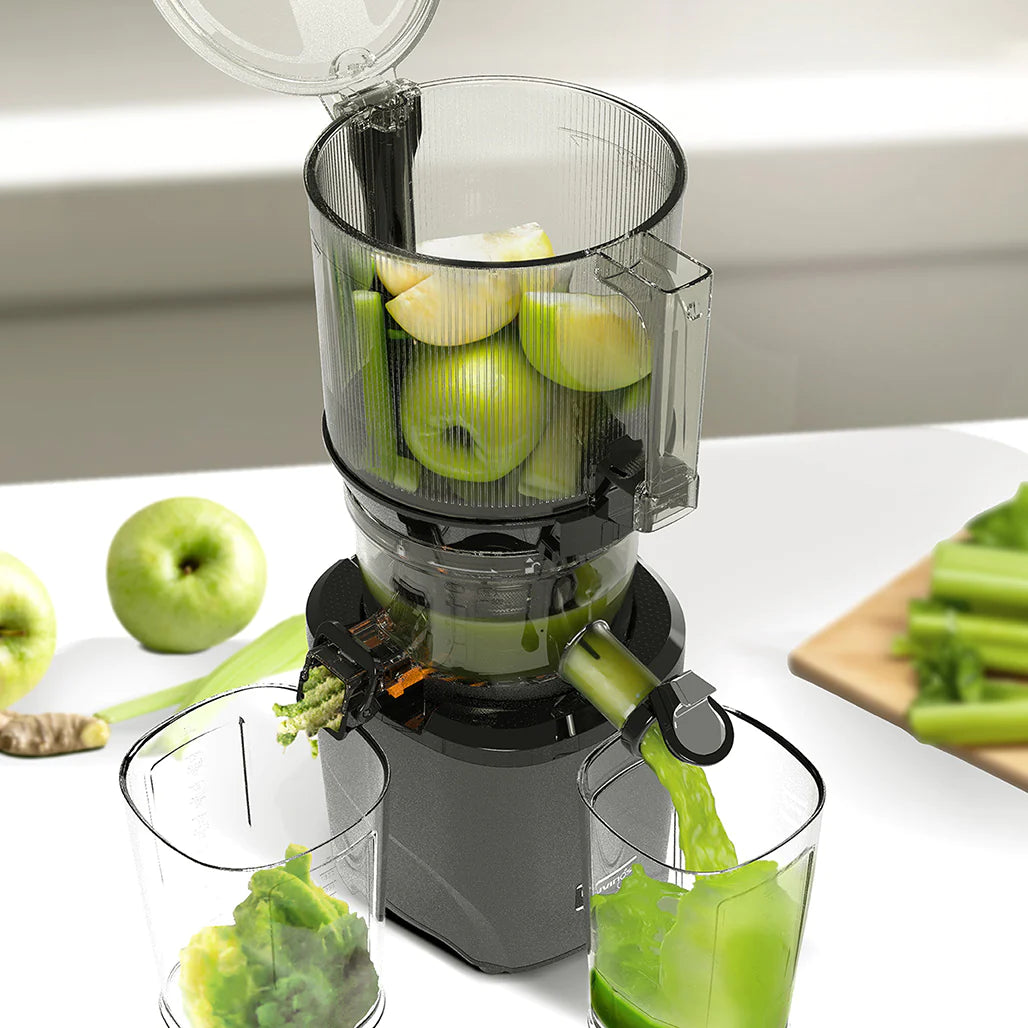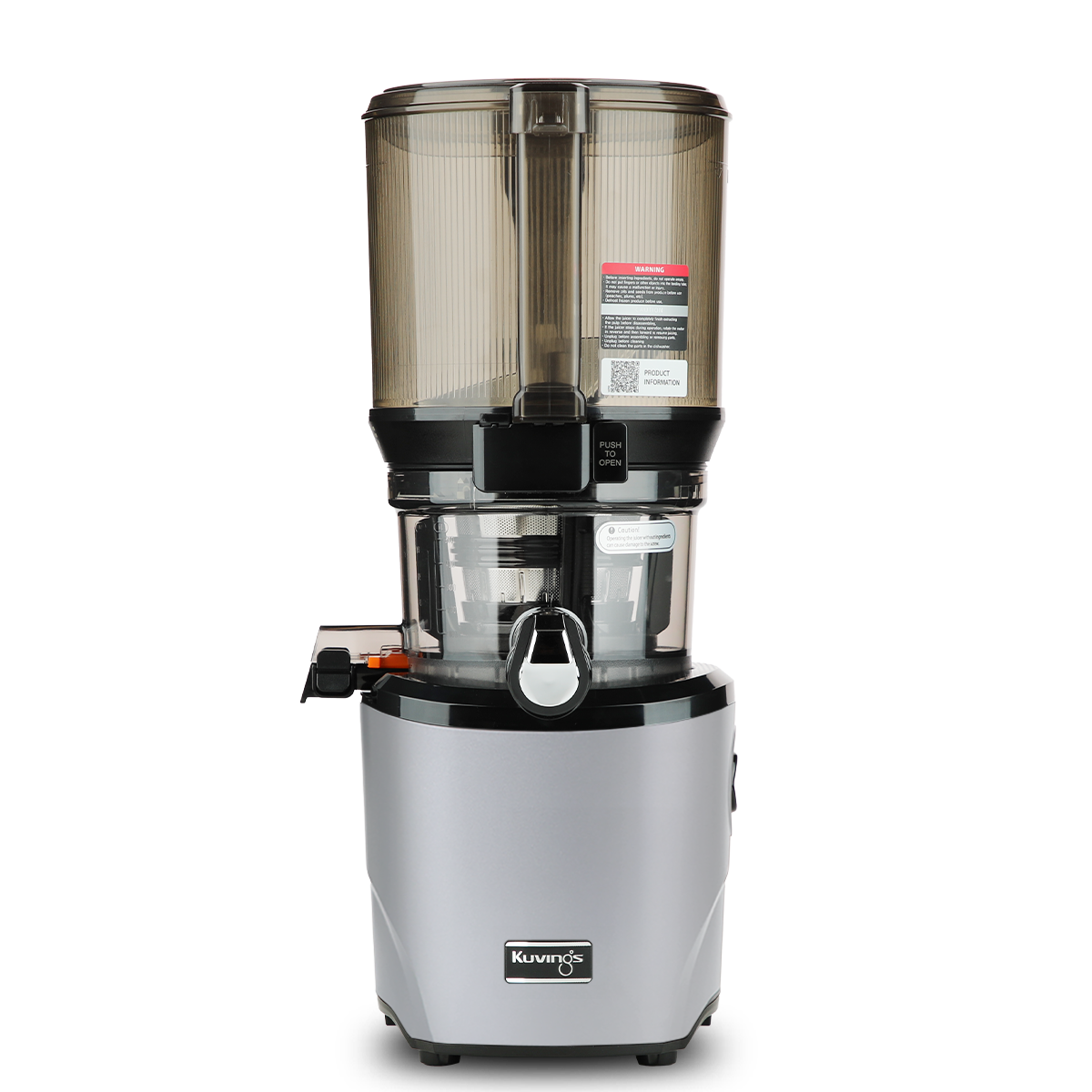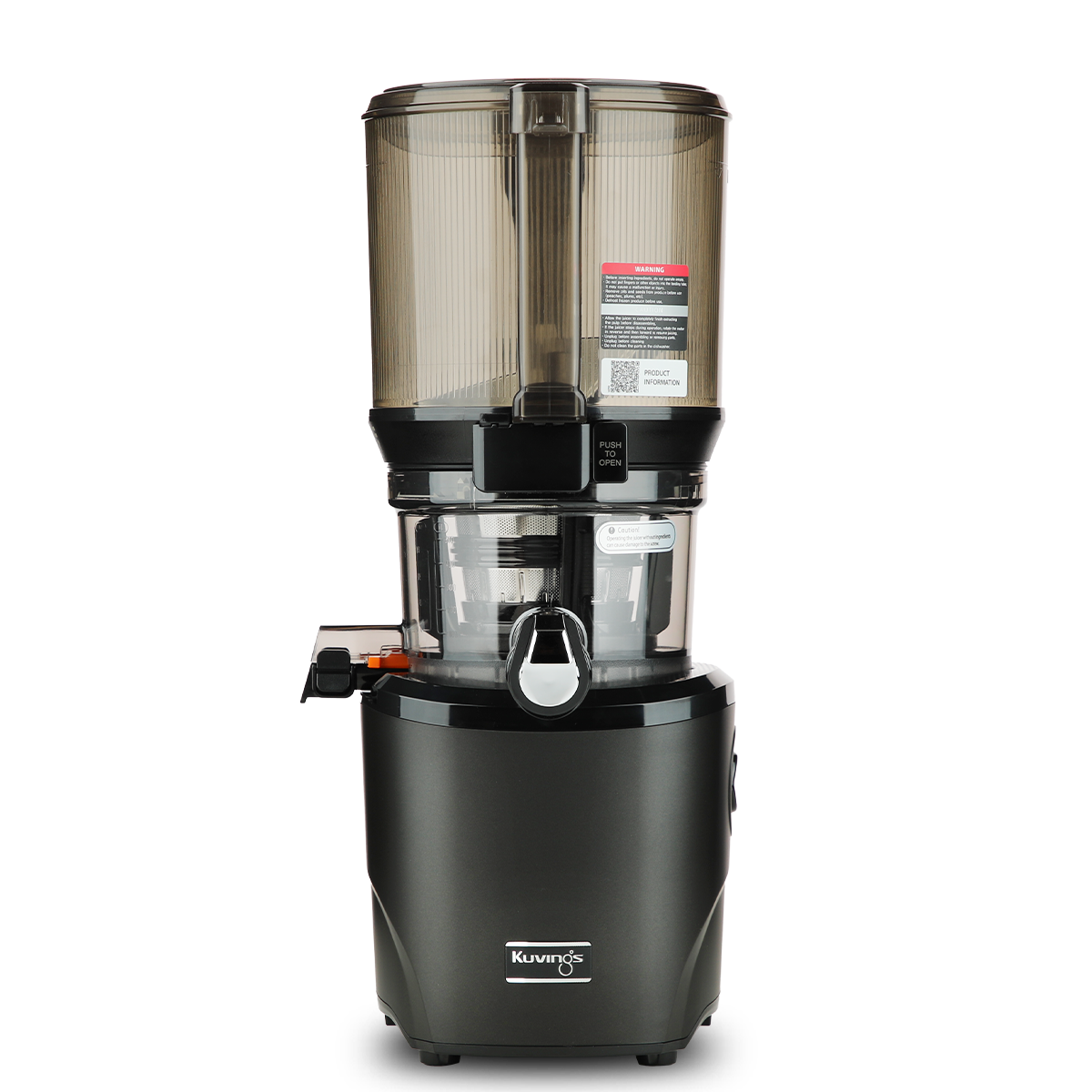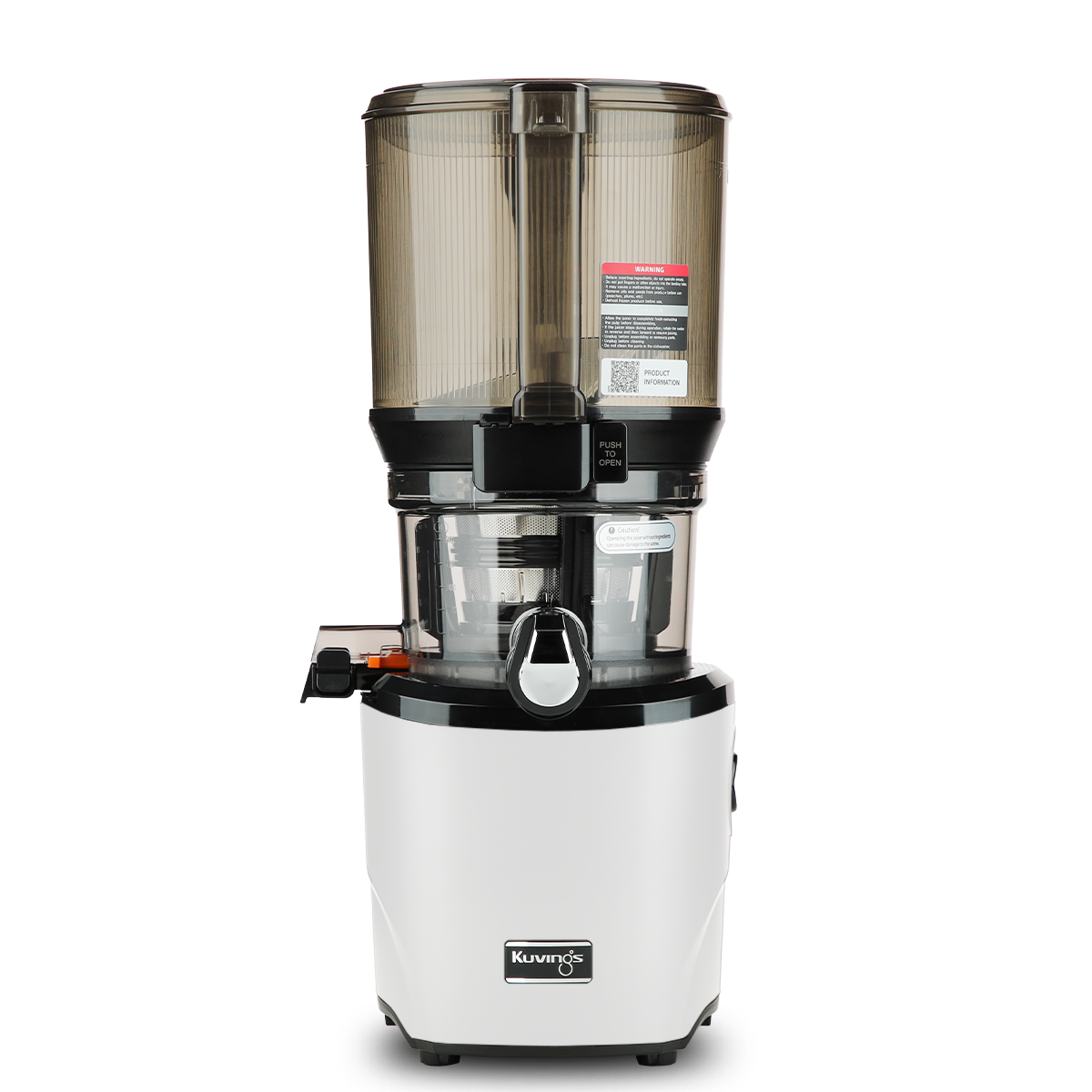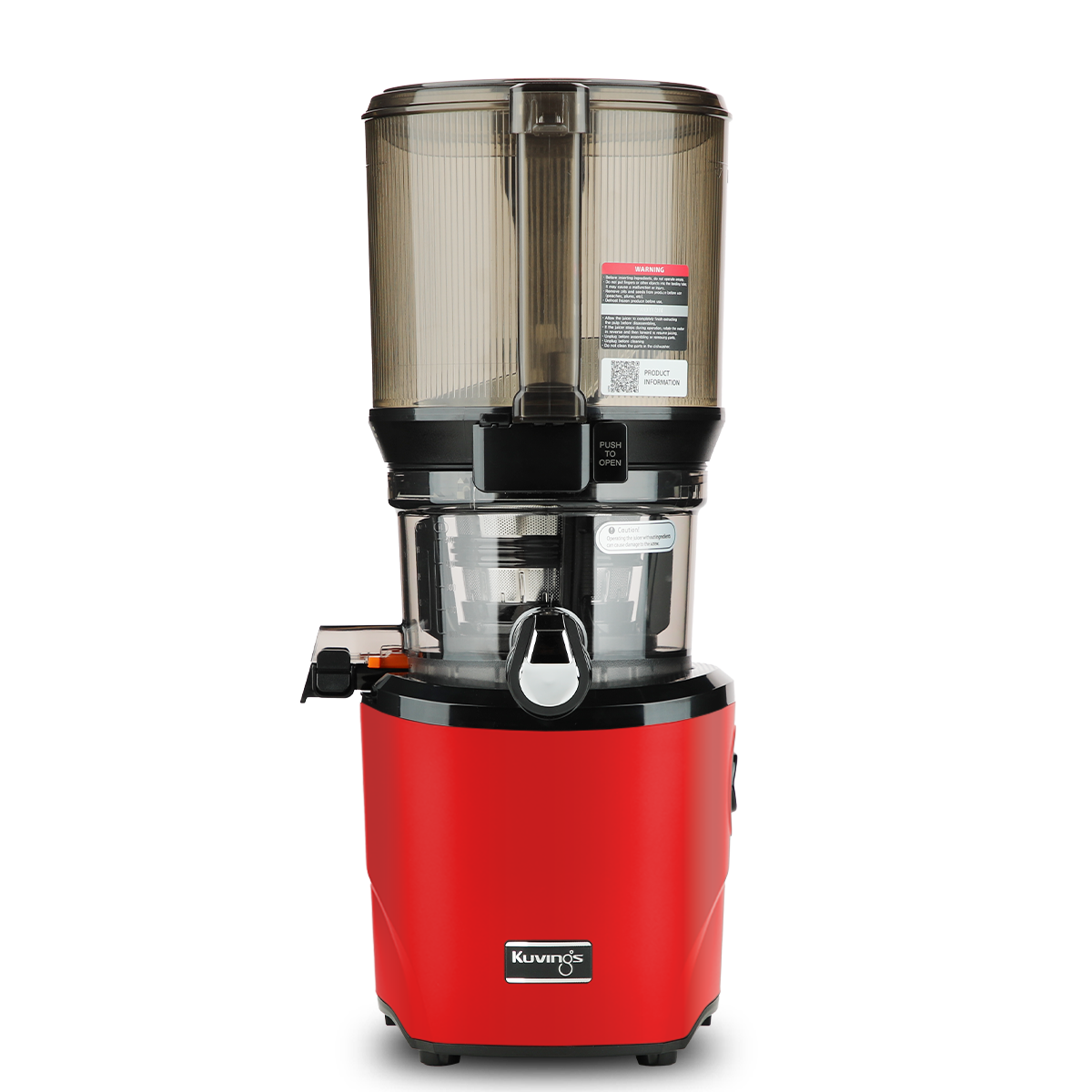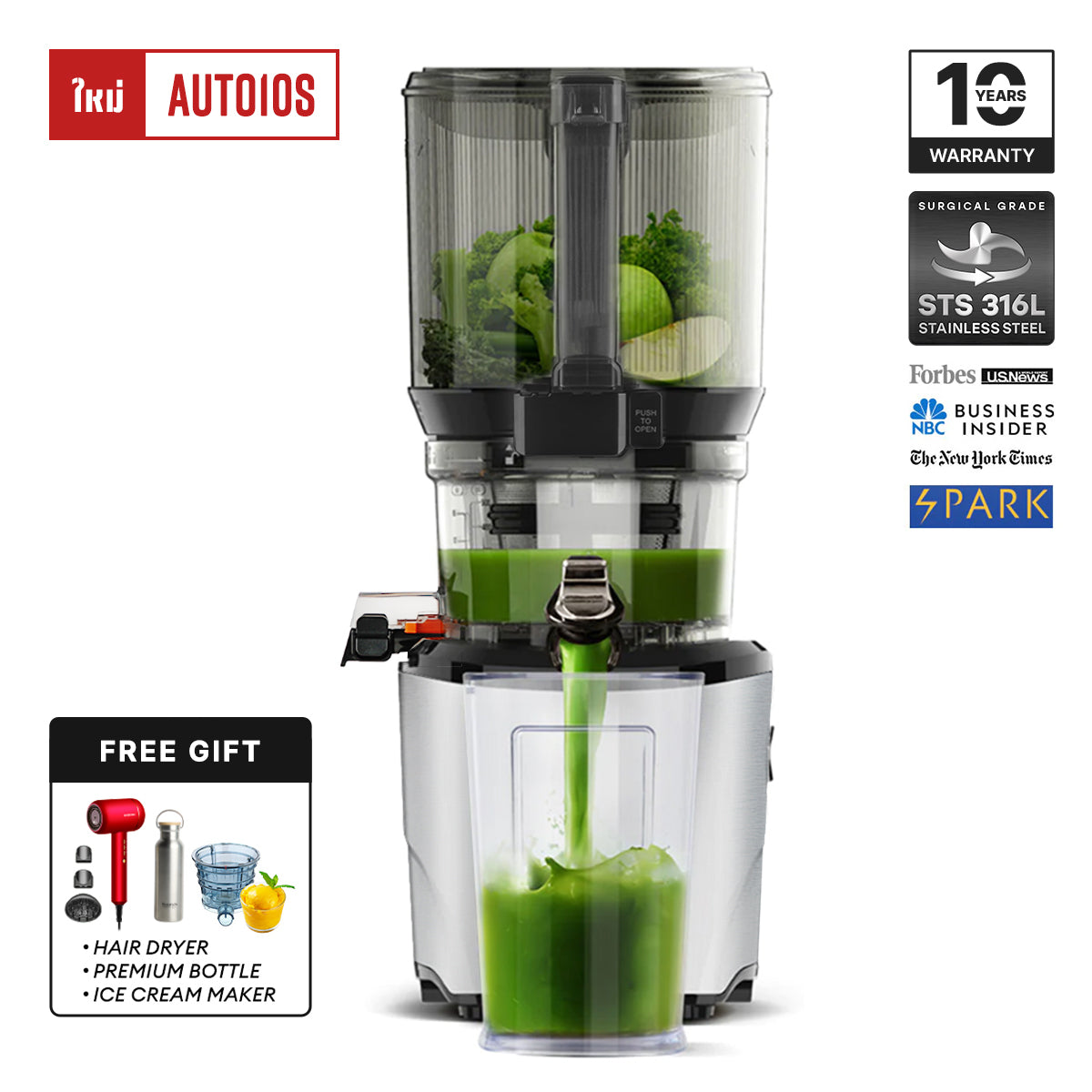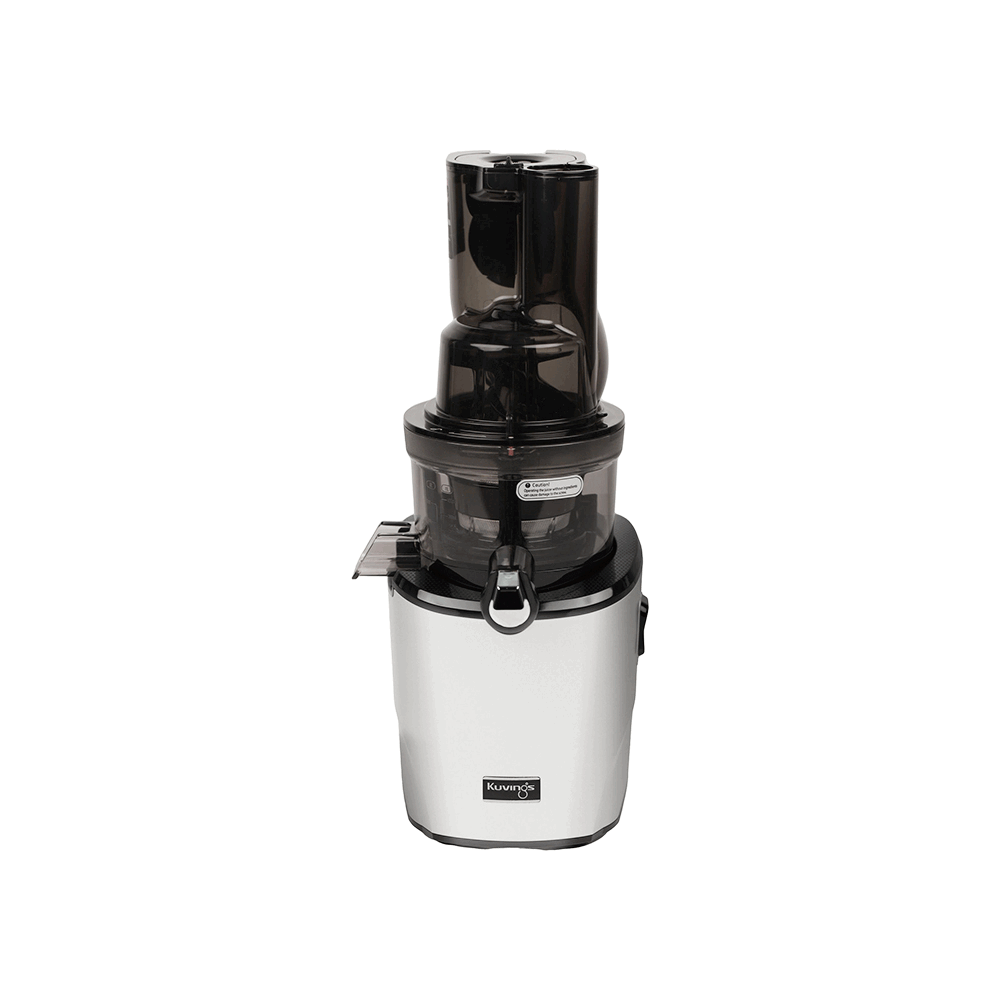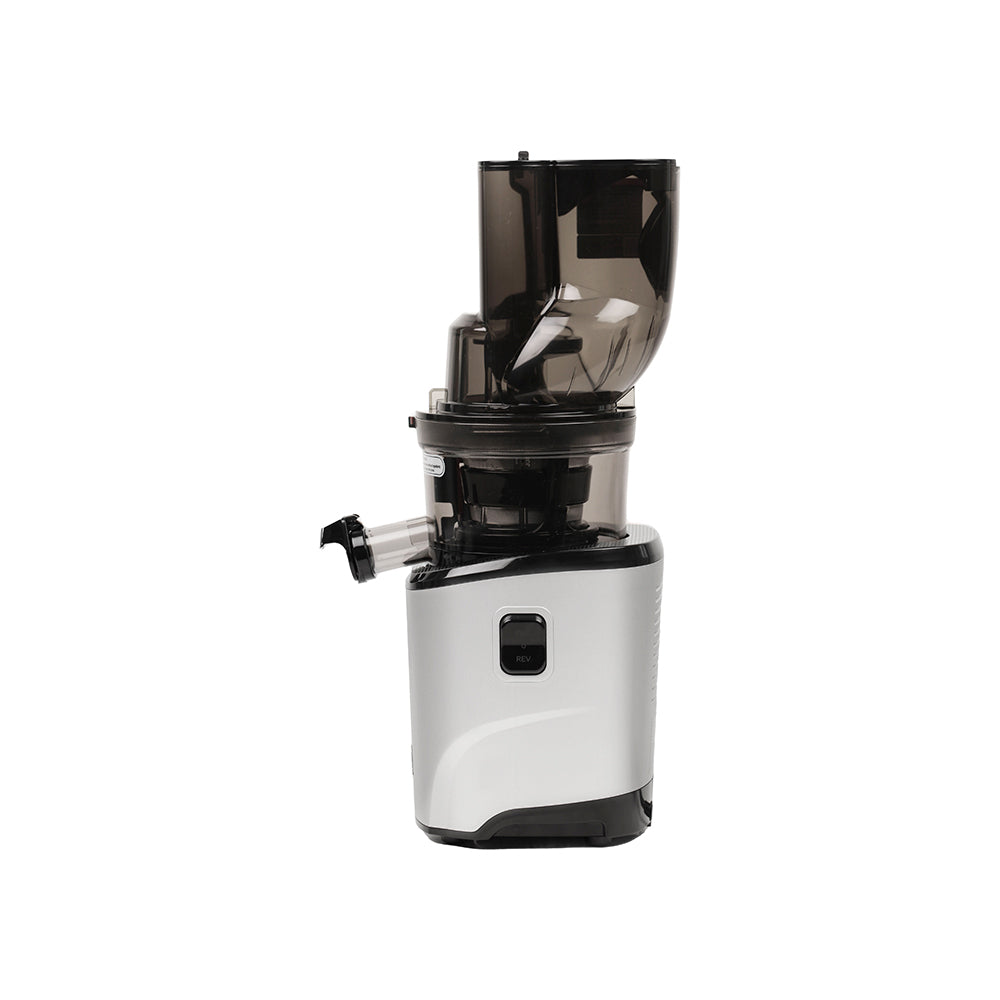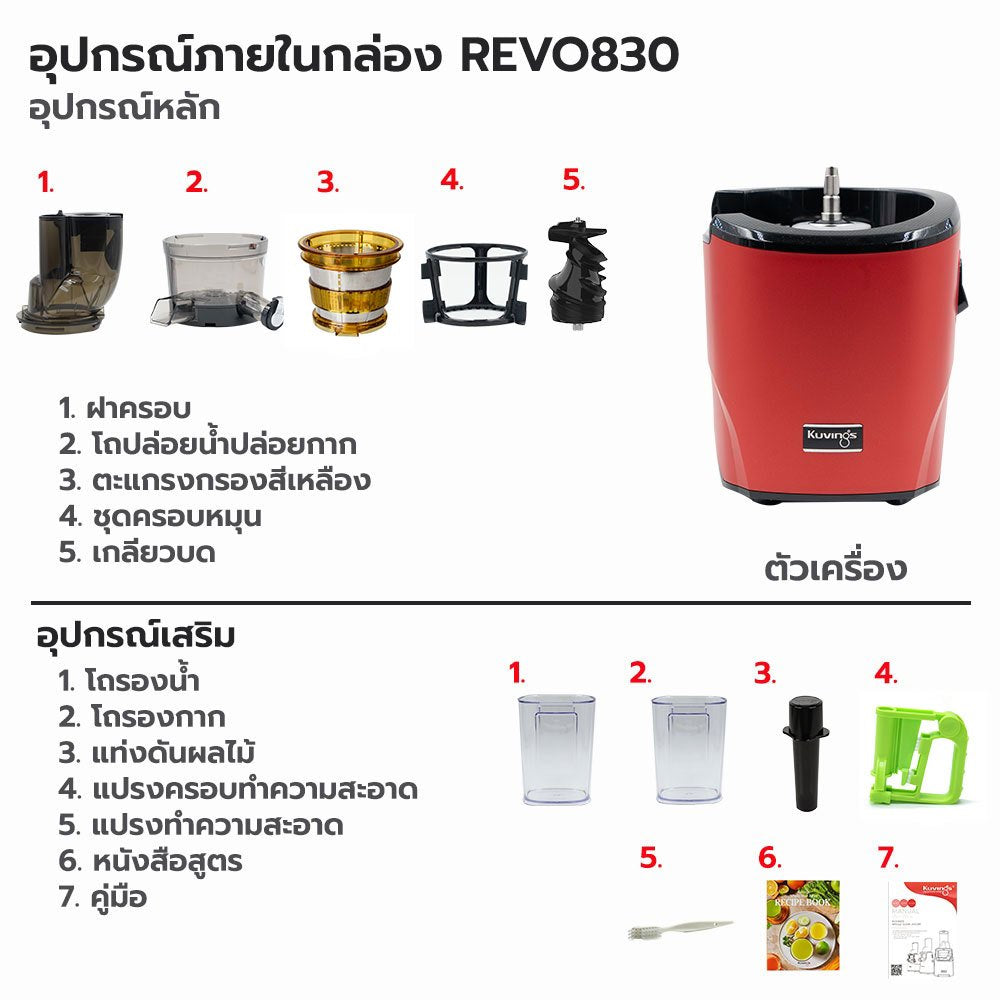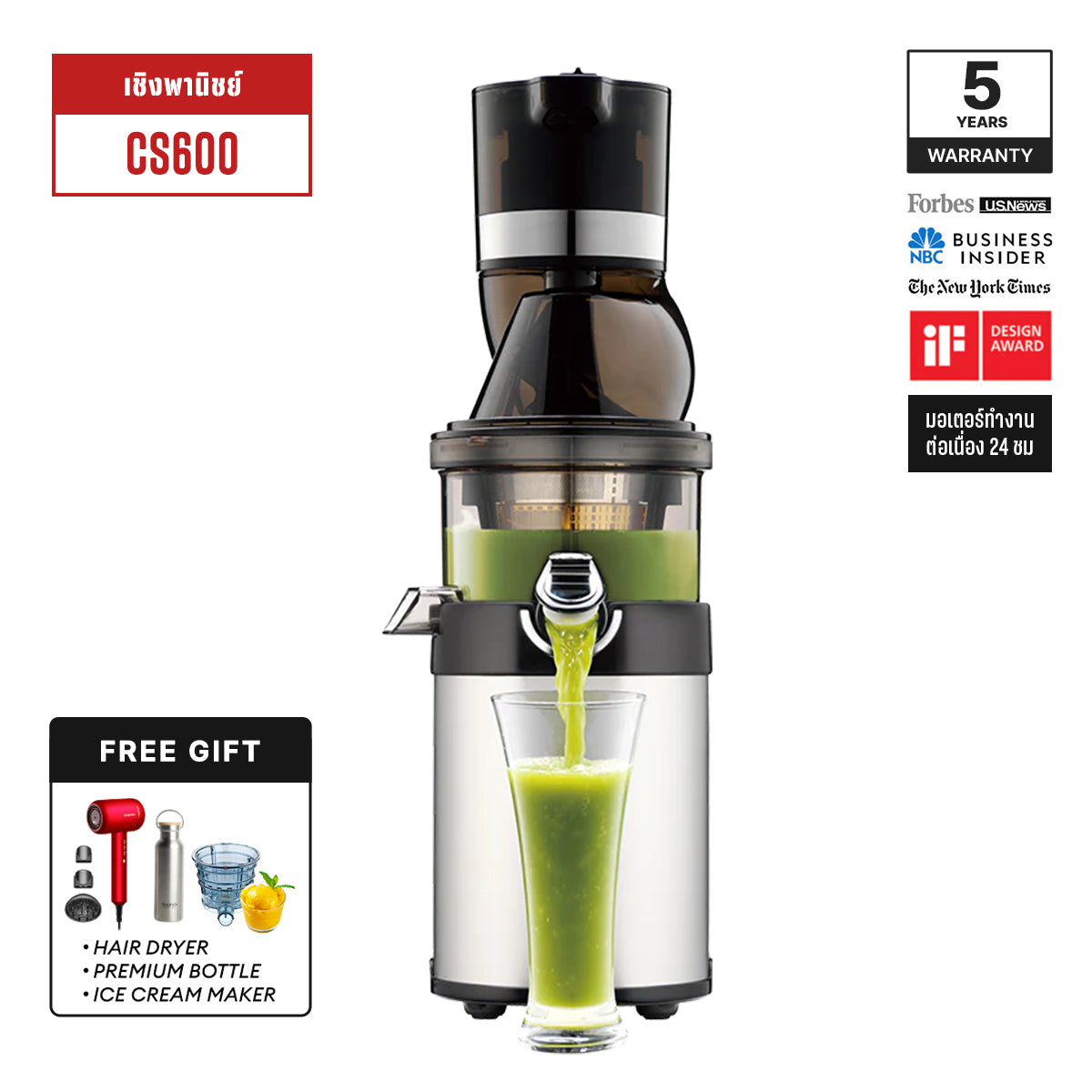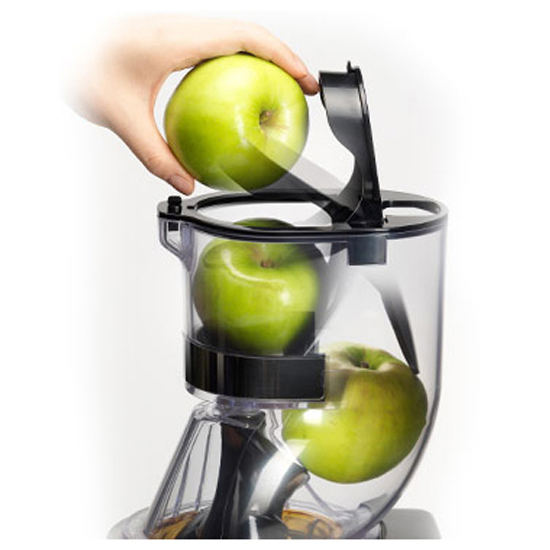Lung health is crucial for our overall quality of life. Taking care of our lungs doesn't just involve exercise and oxygen levels, but also starts with the foods we consume. Certain nutrient-rich fruits and vegetables provide immense benefits to lung health through their nutritional compounds and herbal properties. Let's explore the benefits of these 6 fruits and veggies for lung health:
**1. Apples**
Vitamin C: Apples are well-known for being high in vitamin C, an antioxidant that helps reduce lung inflammation and supports the immune system. Consuming apples aids in the regeneration of damaged lung tissue.
Quercetin and Flavonoids: Compounds found in apples help reduce the risk of chronic respiratory and lung diseases by decreasing inflammation and tissue damage in the lungs.
While eating apples is part of nourishing lung health through a diet of healthy fruits, there are other factors involved in respiratory care like exercise and avoiding lung irritants like cigarette smoke and air pollution.
**2. Turmeric**
Turmeric contains a compound called curcumin with antioxidant and anti-inflammatory properties that aid in lung health. It can help reduce respiratory and lung inflammation, alleviating symptoms of lung diseases while aiding repair of damaged lungs.
**3. Ginger**
Anti-Inflammatory: Ginger's anti-inflammatory properties help lower inflammation in the respiratory system and lungs, easing symptoms of lung diseases.
Antioxidant: Ginger compounds help prevent lung tissue damage, protecting against lung degeneration and aiding repair processes.
**4. Garlic**
Anti-Inflammatory: Allicin in garlic has anti-inflammatory effects that reduce inflammation in the airways and lungs, helping relieve respiratory symptoms.
Antimicrobial: Garlic has antimicrobial properties that kill and remove pathogens potentially harmful to the lungs, preventing respiratory infections.
**5. Broccoli**
Broccoli is nutrient-dense and contains key compounds beneficial for lung health like vitamin C, carotenoids, and phytochemicals that reduce respiratory disease risk. Sulforaphane found in broccoli also has anti-inflammatory effects and protects against air pollutants that can damage lung tissue. These nutrients strengthen immunity and reduce lung harm.
Regularly eating broccoli may promote lung health, but does not definitively prevent diseases or issues stemming from other factors. Basic practices like not smoking, exercise, and avoiding lung irritants like smoke are still crucial. Consulting a doctor before dietary changes for lung health is also advisable.
**6. Carrots**
Vitamin A, beta-carotene, and phytochemicals in carrots help reduce respiratory inflammation, prevent lung tissue damage, and boost immunity against respiratory infections.
Regularly consuming apples, turmeric, ginger, garlic, broccoli, and carrots through your diet is one way to support lung health for overall vitality. However, consulting a doctor before significantly increasing intake of new nutrients is advisable.
Note: This health and wellness information is for educational purposes only. Always consult a medical professional for personalized medical advice and treatment.
**1. Apples**
Vitamin C: Apples are well-known for being high in vitamin C, an antioxidant that helps reduce lung inflammation and supports the immune system. Consuming apples aids in the regeneration of damaged lung tissue.
Quercetin and Flavonoids: Compounds found in apples help reduce the risk of chronic respiratory and lung diseases by decreasing inflammation and tissue damage in the lungs.
While eating apples is part of nourishing lung health through a diet of healthy fruits, there are other factors involved in respiratory care like exercise and avoiding lung irritants like cigarette smoke and air pollution.
**2. Turmeric**
Turmeric contains a compound called curcumin with antioxidant and anti-inflammatory properties that aid in lung health. It can help reduce respiratory and lung inflammation, alleviating symptoms of lung diseases while aiding repair of damaged lungs.
**3. Ginger**
Anti-Inflammatory: Ginger's anti-inflammatory properties help lower inflammation in the respiratory system and lungs, easing symptoms of lung diseases.
Antioxidant: Ginger compounds help prevent lung tissue damage, protecting against lung degeneration and aiding repair processes.
**4. Garlic**
Anti-Inflammatory: Allicin in garlic has anti-inflammatory effects that reduce inflammation in the airways and lungs, helping relieve respiratory symptoms.
Antimicrobial: Garlic has antimicrobial properties that kill and remove pathogens potentially harmful to the lungs, preventing respiratory infections.
**5. Broccoli**
Broccoli is nutrient-dense and contains key compounds beneficial for lung health like vitamin C, carotenoids, and phytochemicals that reduce respiratory disease risk. Sulforaphane found in broccoli also has anti-inflammatory effects and protects against air pollutants that can damage lung tissue. These nutrients strengthen immunity and reduce lung harm.
Regularly eating broccoli may promote lung health, but does not definitively prevent diseases or issues stemming from other factors. Basic practices like not smoking, exercise, and avoiding lung irritants like smoke are still crucial. Consulting a doctor before dietary changes for lung health is also advisable.
**6. Carrots**
Vitamin A, beta-carotene, and phytochemicals in carrots help reduce respiratory inflammation, prevent lung tissue damage, and boost immunity against respiratory infections.
Regularly consuming apples, turmeric, ginger, garlic, broccoli, and carrots through your diet is one way to support lung health for overall vitality. However, consulting a doctor before significantly increasing intake of new nutrients is advisable.
Note: This health and wellness information is for educational purposes only. Always consult a medical professional for personalized medical advice and treatment.






